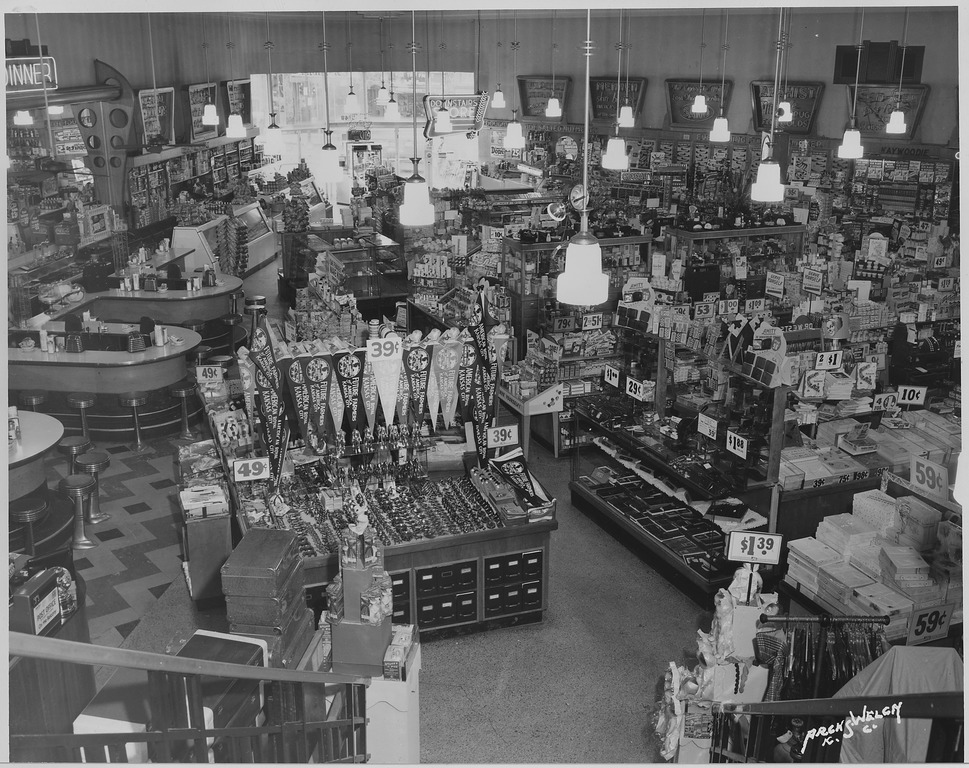It started on this day in 1958. And it was sparked by a question from her teenage daughter, “Why didn’t I just go in and ask for a Coca-Cola and a hamburger?”
Clara Luper, a school teacher, thought about her daughter Marilyn’s question about why she couldn’t get a meal at the lunch counter at Katz Drug Store downtown in Oklahoma City and decided to get an answer.
Luper contacted Katz directly. But she received no response.
She gathered her daughter Marilyn, her son Calvin, and 11 of her high school students, including Barbara Ann Posey Jones (who would become Barbara Ann Posey Jones, mother of Bomani, Tayari and Patrice Lumumba Jones) and Donda Williams (who would become Donda West, the mother of Kanye). They marched down to Katz’s drug store, sat at the counter and ordered 13 Coca-Colas.
They were refused service, but they refused to leave. For hours, segregationist racists kicked, punched and spat upon the children, even pouring things on them. Despite this, they remained seated, composed and unwavering.

They stayed until closing. The next day, they returned. They endured more violence and humiliation but refused to leave until they were served. When the store closed, they left quietly, only to return the next day and face another round of physical abuse and racial slurs.
Finally, on the third day of the sit-in (Aug. 21, 1958), one of the drugstore employees served them.
With his act, segregation ended at the Katz Drug Store.
Notably, the Katz sit-in in Oklahoma City occurred nearly two years before the more widely recognized Greensboro, North Carolina, sit-ins. Luper and her students pioneered a strategy of nonviolent direct action that would become central to the civil rights movement throughout the 1960s.
As Luper later observed, “When those kids sat down at that lunch counter, they stood up for America.”
Sixty-seven years on, her daughter has vivid memories of her mother’s heroic act.
“I’m so glad we sat down in Oklahoma City, because when we sat down, young people throughout this country started to stand up against the injustice,” Marilyn Luper-Hildreth, Luper’s daughter, who was just nine years old at the time of the sit-in, told KOCO News 5 on the 67th anniversary of the protest.
“We had water hose turned on us. We were locked up in different restaurants. People would spit on us, kick us, talk about our national heritage and know nothing about it, and I couldn’t understand as a child why grownups could be so mean,” she recalled.
Luper-Hildreth urges us to continue to fight.
“Until we can work together as brothers in democracy, then the fight’s not over,” she added.